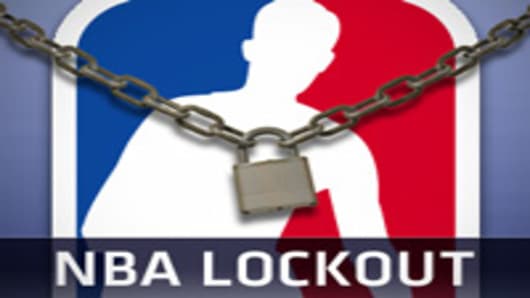The NBA says they'll likely triple revenue sharing between the haves and the have-nots to about $150 million. But that's not even close enough to close the gap. Add to that the fact that the teams in the smaller markets are going to have to ramp up more marketing costs to resist the negativity that the lockout brought about and it gets even worse.
Guess what each NFL team will make this year in national television money and licensing and merchandising royalties? About $150 million! The league's teams actually share 80 percent of the 9.5 billion in revenue. They sure don't like it, but for comparison sake, the New York Yankees dish out more than $100 million to revenue sharing each year.
"Be a capitalist or be a socialist, pick your poison," said NBA superagent David Falk. "The players are capped on what they make and the rest goes into a pool, so why not put a cap on how much profit a team can make and pool the leftover money?"
The haves get even more power in the new deal because of the amnesty clause, which enables a team to wipe one contract off the books as long as they continue paying that player. This helps the higher revenue teams because they're likely to take on bigger contracts. If they can make more mistakes, they have an advantage over the smaller market teams that in general still have to be smarter about the players they sign.
The main argument from the haves on revenue sharing is that if they share too much, they will be able to turn around their team for less money. That argument doesn't make sense when you consider that it hasn't hurt the ultimate sharers in the NFL.
Questions? Comments? SportsBiz@cnbc.com



